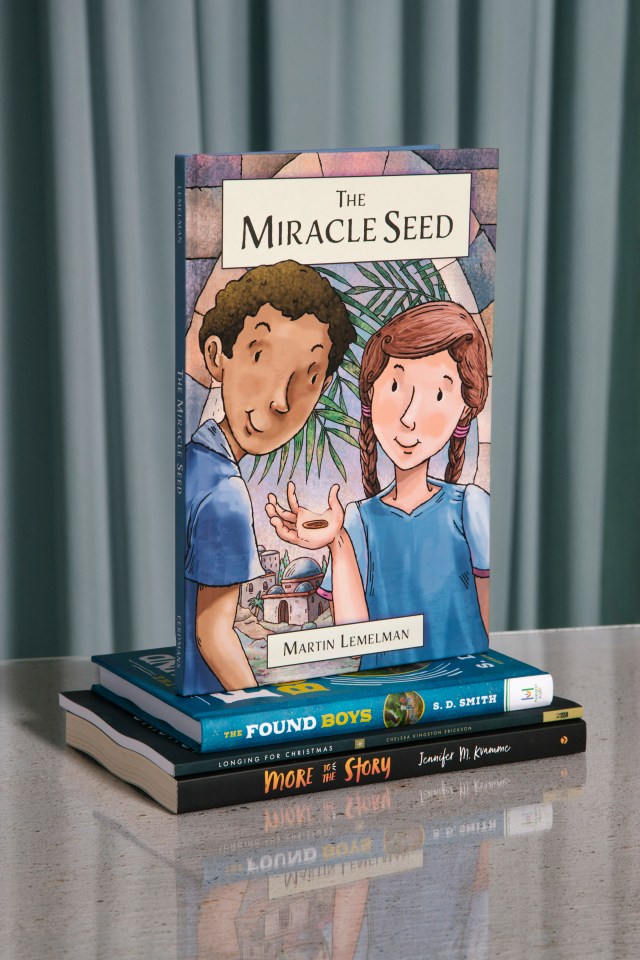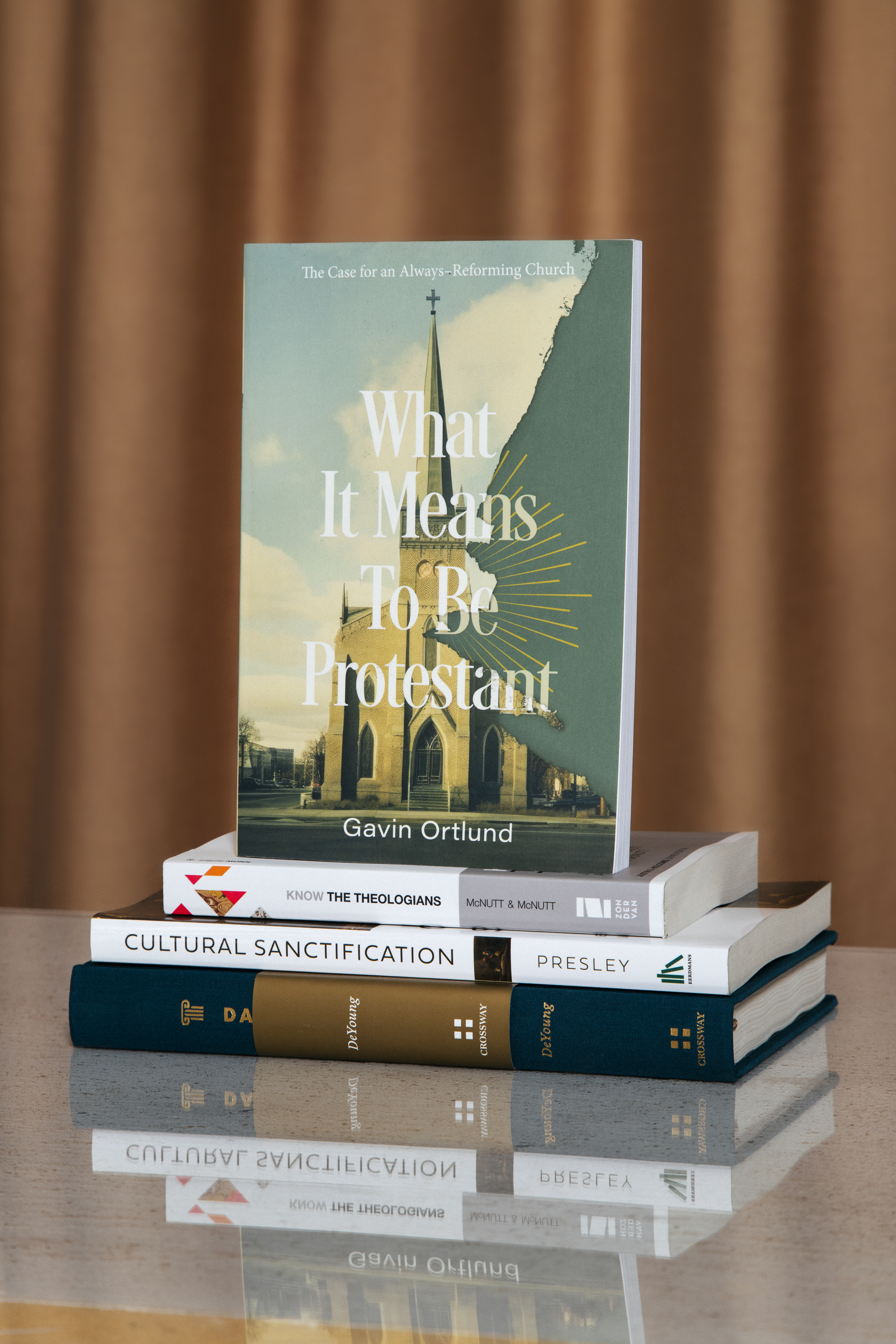I caught a stranger staring at my black and white Sixpence None the Richer shirt.
“I’m trying not to one-hit wonder that band,” he confessed.
The comment says a lot about Sixpence None the Richer. One-hit wonder is not traditionally a verb, but it does seem to be something that happened to Sixpence.
The band has been many things over the course of its career: a folky duo; a moody, brooding indie rock band; a Dove Award–winning Christian act; a Grammy-nominated pop group; a teen movie soundtrack band; a group whose songs you hear every time you go to the grocery store; and, yes, something of a one- or maybe two-hit wonder in the late 1990s and early 2000s, with “Kiss Me” and their cover of the La’s “There She Goes.”
It’s because of “Kiss Me” that most people have heard of Sixpence None the Richer, and it’s “Kiss Me”—despite a deep and rewarding catalogue of five full-length albums and dozens of other songs—that seems to have kept the band in the public consciousness.
Sixpence first announced its breakup in a 2004 letter to CCM Magazine then came back for a Christmas album in 2008 and another studio record in 2012 before lying dormant for nearly a decade.
Within the last few months alone, “Kiss Me” has been covered by Sabrina Carpenter on tour, interpolated into the single “Moonlight Floor” by Lisa of Blackpink, and even revealed as one of Mark Zuckerberg’s favorite “fight jams.”
You could say it’s serendipitous that these things happened just as Sixpence became active again—the band released a new EP in October and is in the midst of a 50-show tour—but it’s more likely that the band simply hasn’t left public consciousness in all these years. The song was that good.
When I spoke to Sixpence’s singer Leigh Nash the week the group left for its first tour in over a decade, she noted that “an entire new generation of really young people … are finding out about the band because of other artists covering Sixpence.”
She was quick to point to that “possibly being a mission thing, a God thing. … I think this is maybe God’s timing, but we’re gonna find out if it’s not.”
It’s possible that the current generation of fans isn’t familiar with Sixpence’s roots in the Christian rock scene, but 48-year-old Nash has no qualms about referring to her own faith or to the experiences the band had starting out on the church-basement-touring circuit in the early ’90s.
Nash and Sixpence’s guitarist Matt Slocum, the band’s only consistent members across three decades, met at a church retreat. Nash was Baptist while Slocum had Episcopal and Catholic roots, and it was clear from the beginning that faith was important to them.
They communicated with a maturity that belied their age; Nash was still a teenager and Slocum barely 20 when their first album, The Fatherless and the Widow, was released in 1994 on the independent Christian label R.E.X. Music. Their songs referenced Walt Whitman, the Book of Common Prayer, Ecclesiastes, and Proverbs, to name a few heady influences.
Nash said that from the beginning she knew there was something special about their partnership; she felt a sense that being Sixpence’s singer was a divine calling: “I definitely had a sense that these words were put upon Matt, and I get to deliver them.”
They quickly followed up their debut with This Beautiful Mess, a dark and distorted alt-rock record that won them a Gospel Music Association Dove Award, an experience which, Slocum told the Christian indie rock zine The Phantom Tollbooth in 1997, showed him what he called “the small, unsatisfying world” of contemporary Christian music.
In the same interview, Slocum lamented art being “manipulated for propagandistic purposes,” saying, “I think Christian artists should focus on creating works of beauty that will speak for themselves.”
The mid-1990s saw Sixpence tour the church-basement youth-group circuit with a number of other Christian indie rock bands. The scene wasn’t always the best fit—not that Sixpence’s songs weren’t often sincerely about faith in God, but Nash was also singing Slocum’s lyrics about depression, loss, and confusion. (This Beautiful Mess ends with the frantic “I Can’t Explain,” the title of which is a clue to Sixpence’s refusal to offer the “answers” some might have been looking for from a Christian rock band.)
Nash experienced this, sometimes viscerally, on the road. As a recent high school graduate, she recalled “a theology student” who just “berated me about not giving an altar call from stage, and it broke my heart.”
“He was just like, ‘Five of my friends didn’t know about Jesus, and you let them walk out of here,’” she recalled. “I should have said, ‘Why did you let them walk out? They’re your friends.’ I’m here to do what I feel called to do, which is, frankly, just to stand up here and deliver these gorgeous words that my friend wrote.”
After a few years of legal wrangling with their previous contract, Sixpence signed with legendary Christian rock impresario Steve Taylor’s Squint Entertainment label, one of several in the late ’90s that aimed to break Christian bands into the mainstream. (Charlie Peacock’s Re:think imprint did something similar with Switchfoot.)
Sixpence’s 1997 self-titled album was a pop-rock masterpiece, though it seemingly failed to make its mark until “Kiss Me” became a grassroots radio hit. In 1999, the album was rereleased, “There She Goes” was added as a second single, and Sixpence suddenly became a household name. They were on TV, movie soundtracks, festivals, and the Billboard charts.
“I remember I was very grateful that all that was happening,” Nash said, “but when you’re younger, it feels like everything’s on the line. … We weren’t expecting what happened to happen at all. That wasn’t even on the board, and it happened. And I think as a band, it kind of gives us this feeling like, well, anything can happen.”
The success of “Kiss Me” led to a major-label release with a major-label budget: 2002’s Divine Discontent featured 13 songs, orchestral arrangements by Van Dyke Parks, and production from Paul Fox, who had worked for years with Slocum’s favorite band, XTC.
While “Breathe Your Name” did well as a single (the karaoke bars where I live still have it!), the band toured less and eventually announced their breakup when Nash gave birth to her son. Slocum continued to work as a session musician and played with several other bands, while Nash released several solo and collaborative albums.
Their current reunion is not their first—they released Lost in Transition in 2012 and toured sporadically—but Nash said the band is “in our truest form right now because we’re not really trying to prove anything.”
She and Slocum reconnected for dinner in Nashville pre-pandemic and planned to start collaborating again. Earlier this year, they began performing together as the temporary lead guitarist and singer of 10,000 Maniacs before releasing their new EP.
Nash referred to the sound of Rosemary Hill as “Sixpencecore,” and I’d agree that the EP sounds like the sum of the band’s historical parts. There are elements of sprightly pop, brooding rock, sweeping chamber pop, and even touches of alt-country—and subtle references to (lyrically) The Beatles and (musically) The Smiths.
There’s a wistfulness to the record, a “softness and sweetness,” Nash said, touching as it does on themes of family and the band’s hometown of New Braunfels, Texas.
After Sixpence finishes their current tour, an ambitious nine-week outing that ends in mid-December, Nash said they plan to begin working on a new full-length album.
She called Rosemary Hill “a little test case for all of us, the band included, to see what we could still accomplish.”
“We’re still very much in the testing ground, almost like a brand-new band. But we still sound like Sixpence.”
Joel Heng Hartse is a lecturer at Simon Fraser University and the author of TL;DR: A Very Brief Guide to Reading and Writing in University, Sects, Love, and Rock & Roll, and Dancing About Architecture Is a Reasonable Thing to Do.


























































